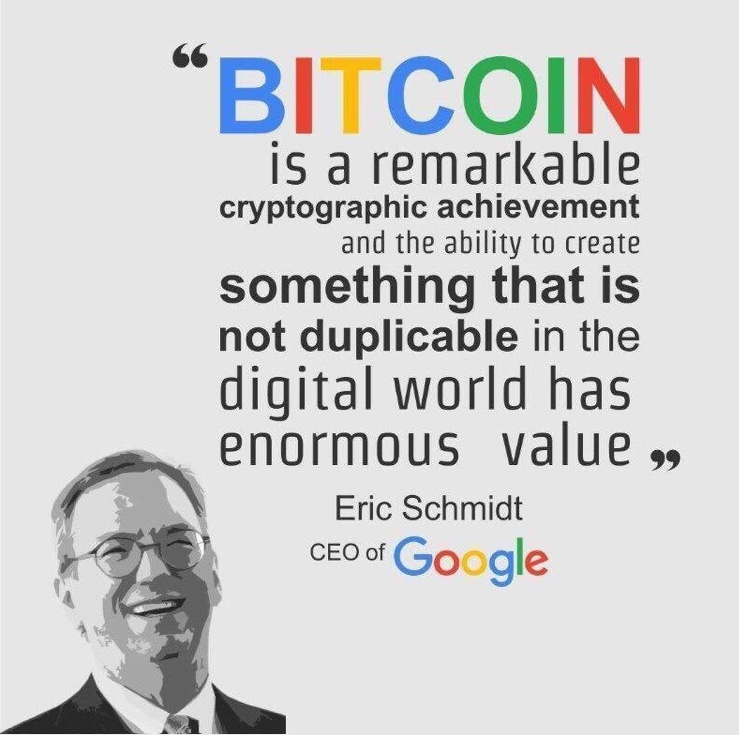The Blockchain Innovation Conundrum

Until recently, Internet was not suitable for transfering money or any other type of digital asset directly between parties. Sure we could use Internet to transfer money and pay bills, but we did it using one or more intermediary entities, instead of doing it directly between parties. These intermediary entities assured that we did not use the same money twice, i.e., they assured that our money was "not duplicable in the digital world".
That changed in 2009 with the advent of Bitcoin and Blockchain. Today, we can use Internet to transfer money directly between parties. We no longer need intermediary entities to exchange digital assets in a way that prevents duplication. Blockchain assures that. Or doesn´t it, yet?
Take digital collectibles on a public blockchain, as an example. They're supposed to be unique, right? That gives them rarity properties and value for that reason. And Blockchain prevents them to be duplicated because that is one of Blockchain's value proposition, right?
Well, that is not garanteed in a public blockchain like Bitcoin or Ethereum. Not when everyone can hard fork the network, duplicating instantly all preexisting digital assets. Sorry, your rare digital collectible is not that rare anymore.
Second example. How can one efectively use a public blockchain to deal with real-world assets represented by digital tokens if one can't prevent the uniqueness of those tokens by preventing hard forking of the underlying blockhain?
So, should we prevent public Blockchains from hard forking to fix this problem? Should we use private/permissioned Blockchains instead, where that problem is non existent by definition, because whoever governes that network prevents the existence of hard forked derived networks?
As Andreas Antonopoulos states in one of his "The Internet of Money" books, it's not on intranets that you find inovative ideas, albeit they use the same technology as the Internet. It is the openess and permissionless character of the Internet that makes it a fertile ground for inovation. You do not have that in the arid soils of intranets.
So, here's the Blockchain innovation conundrum.
Should public blockchain governance become more centralised in order to be compatible with use cases as the ones stated above, but at the cost of innovation? Probably not. But, if not, what kind of governance of public blockchains should we have, one that can be simultaneously innovative friendly and effectively real world use case digital assets compatible?
Congratulations @freeblock! You received a personal award!
Happy Birthday! - You are on the Steem blockchain for 1 year!
Click here to view your Board
Congratulations @freeblock! You received a personal award!
You can view your badges on your Steem Board and compare to others on the Steem Ranking
Vote for @Steemitboard as a witness to get one more award and increased upvotes!